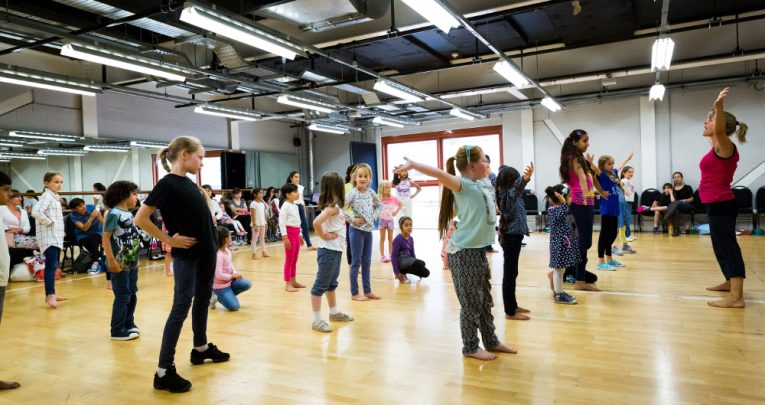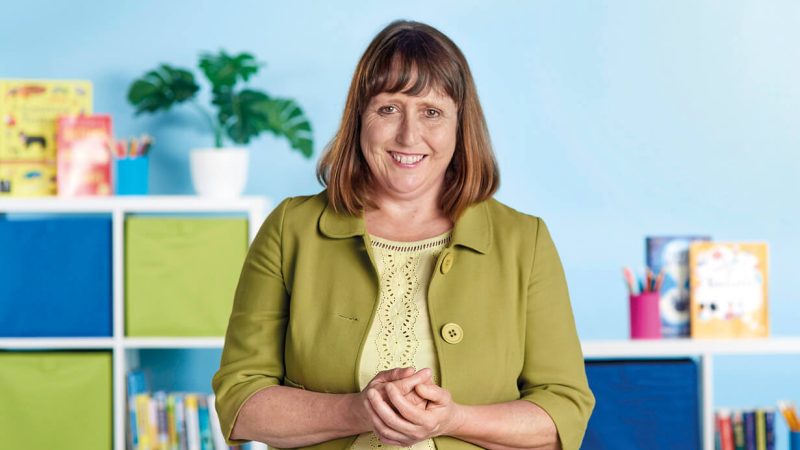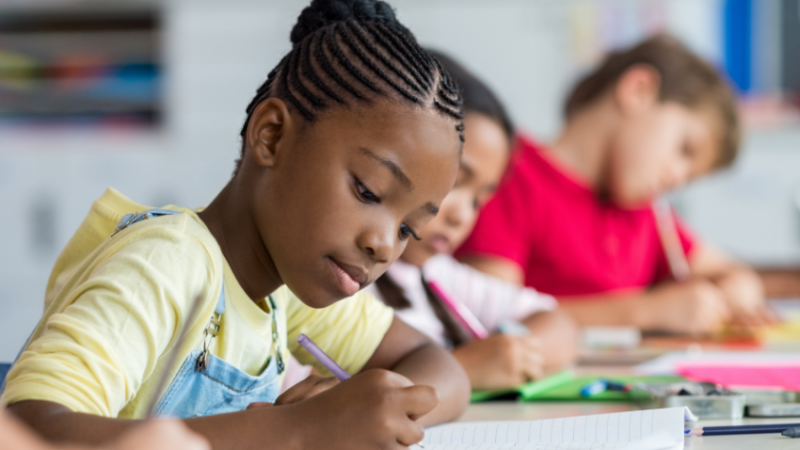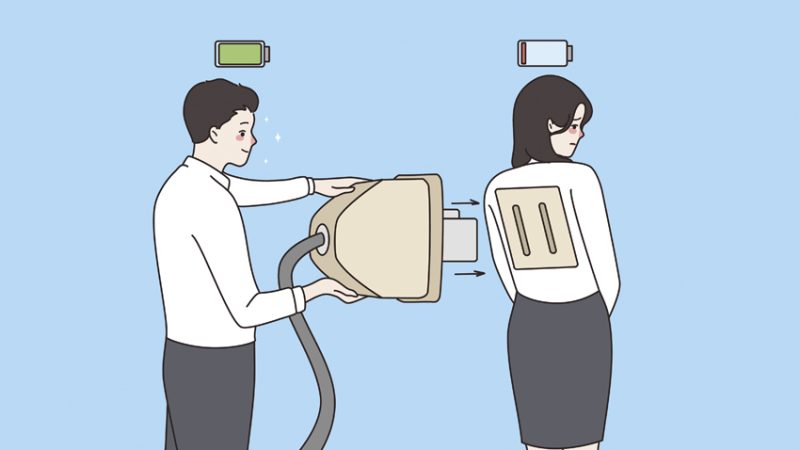Why You Should Take Your Primary School to the Theatre

You’ve got your tickets, done your risk assessment and booked the coach to London – here’s why school theatre trips are worth the effort
- by Anna Blewett
If you accompanied a class of pumped-up, adrenalin-fuelled kids to see the Christmas panto at the end of last term, you may wish a little of their enthusiasm for slapstick and special effects could be transplanted back to the classroom.
But forget the high-octane dame and (if you’re lucky) Z-list celebs who pupils encountered; it’s the company’s education officer who might turn out to have the best lines. Because if you’re struggling to bring literature to life for some of your pupils, theatres are desperately keen to have a crack.
London theatre trips
“When schools bring their children here it’s for a very immersive theatre experience,” says Cath Greenwood, learning associate at Unicorn Theatre in central London.
“We can create a whole world within a theatre context, which you can’t necessarily do within a school hall. That rich and layered experience has a particular resonance back in the classroom.”
As the UK’s leading theatre for young audiences (productions are devised for audiences aged six months to 18 years) the Unicorn is geared up to meet the educational needs of cash-strapped schools.
“I know what it takes for a teacher to get a class out,” says Cath. “There’s the finances, the organisation, the permission forms, risk assessments. It’s a big effort, so we have to make sure it’s a transformative experience that’s worth it. A lot of my work is finding ways to show teachers and heads what the possibilities for wider learning are and how the richness of experience presents huge potential to engage.”
For Cath, that work involves devising teaching resource packs (with several lessons mileage in each drama sequence included), CPD sessions for staff, bespoke workshops and even free tickets for teachers to see performances before they decide whether to take the class.
And this above-and-beyond approach to meeting schools’ needs is increasingly widespread.
For Mel Knott, head of learning at Leicester’s Curve Theatre, it’s the activities besides the performance that make the difference: a behind-the-scenes tour, for example.
“We take school groups behind and under the stage,” she says. “They see stagehands resetting scenery, costumes and sound machinery, microphones, props being reset, the quick change areas. Children love seeing backstage.”
Coming to life
They also love the chance to tread the boards themselves. “As they walk around we ask them to take a look. What’s there? What can you see? How does that relate to the story? They can see a story from the page coming to life.
And even children who don’t see themselves as actors or performers realise that the shows don’t happen without designers, lighting technicians, sound people, stage managers. They learn what happens in a theatre to get a show on.”
Access to the back-of-house world is one reason the Marlowe, a theatre in Canterbury city centre, enjoys regular visits from pupils at the nearby St Peter’s Methodist Primary.
“The Marlowe has a mini theatre that we use every year for our Y6 production,” says head Rob Garrett.
“The children get to perform on a stage with technicians and dressing rooms. It gives them the experience of performing in a professional theatre. We have a very mixed intake – around 50% EAL from families who are newly in the country – so there are definitely those might not otherwise get to access that resource, the theatre environment.”
With the theatre on his school’s doorstep, Rob is pleased to exploit its potential for curricular-based learning.
“The Y6 production is tied in with the curriculum in terms of speaking, listening and performance, and sometimes a class will visit the Marlowe for topic work. It’s a real mix of experience and curriculum, and it gives the children wider opportunities and aspirations in terms of what they can achieve.”
Free theatre workshops for schools
In fact, theatres’ education officers can give serious academic clout to class visits, beyond what some might consider a treat. Thanks to funding from Leicester’s School Development Support Agency, Curve is able to offer free workshops to selected local primaries, with a focus on literacy.
The CPD sessions offered to teachers, and bespoke workshops around shows, have enabled local pupils to experience the works of Roald Dahl in an entirely fresh way.
“To begin, they take part in a drama, dance or science workshop around the story,” explains Mel. “It’s George’s Marvellous Medicine this year. Then they see the show.
“This year I’ve asked the children: ‘In a live theatre, how do you think we can make Grandma and the chicken grow and shrink?’ They’re used to seeing things as a cartoon or a film with CGI effects so we get some great responses.
I’m trying to tap into their imagination and curiosity, which is what the story is all about. Those are the ‘wow’ moments, when they see it happen in front of their eyes.
Then after the show the actors step straight off stage to do a Q&A. Last year, when we were putting on with The Twits, the children wanted to know from Mr Twit: ‘Is that your real beard?’ and ‘What did you eat from your beard? Was it really mouldy cheese?’ You let them guess what the worms Mr Twit ate might have been, and discuss how they would create that.”
The transformative experience of a professional theatre production is a powerful teaching tool. “I was in a school recently and the teacher went out and brought another teacher in,” recalls Mel.
The ripple effect The impact of a magical experience can have benefits beyond each pupil. “People talk about inspiring the audiences of the future,” says Mel. “Well no, they’re our audiences of now. We hope they become our actors and artists but also hope they come with their families.”
Did you enjoy this article?
We have many great reads within our popular Teach magazines. Try it out for yourself! Click here for your two free issues, and we’ll deliver them straight to your door for free too!
“Afterwards she said ‘I’m sorry, I had to bring the SENCo in because I couldn’t believe what a couple of children were doing. They never speak in class; they never read out loud!’ Suddenly in that creative environment they just came alive.” Now that’s the magic of theatre.
Beyond the boards
When it comes to a school theatre trip, it’s not just about the performance…
The journey “Schools tell us that for many pupils this is their first experience of theatre,” says Cath Greenwood. “Even just the journey – leaving their borough and crossing the river – is important. It’s part of their school experience but outside the formal setting, and that gives it a different dimension.”
The building “Our theatre has a lot of cultural significance in this city,” says Mel Knott, “but I speak to children at a school ten minutes away who have never been inside. Just walking into the environment – seeing actors and musicians walking around; the public in the café; where the tickets are sold – are really important elements to make them feel it’s their space.”
The atmosphere “One thing that always strikes me is how well behaved the children are,” says Vanessa Lindsay. “Obviously you’ve told them beforehand they’ll need to sit quietly and concentrate but they just do. If you’ve got the right ratio of staff it can be really successful.”
The ergonomics “The minute your group walks into the building, before the play has even begun, the children connect with what’s going on, but the auditorium is special,” says Vanessa. “And nice comfy chairs rather than sitting on the hard hall floor is definitely a help!”
The ripple effect The impact of a magical experience can have benefits beyond each pupil. “People talk about inspiring the audiences of the future,” says Mel. “Well no, they’re our audiences of now. We hope they become our actors and artists but also hope they come with their families.”
Did you enjoy this article?
We have many great reads within our popular Teach magazines. Try it out for yourself! Click here for your two free issues, and we’ll deliver them straight to your door for free too!











